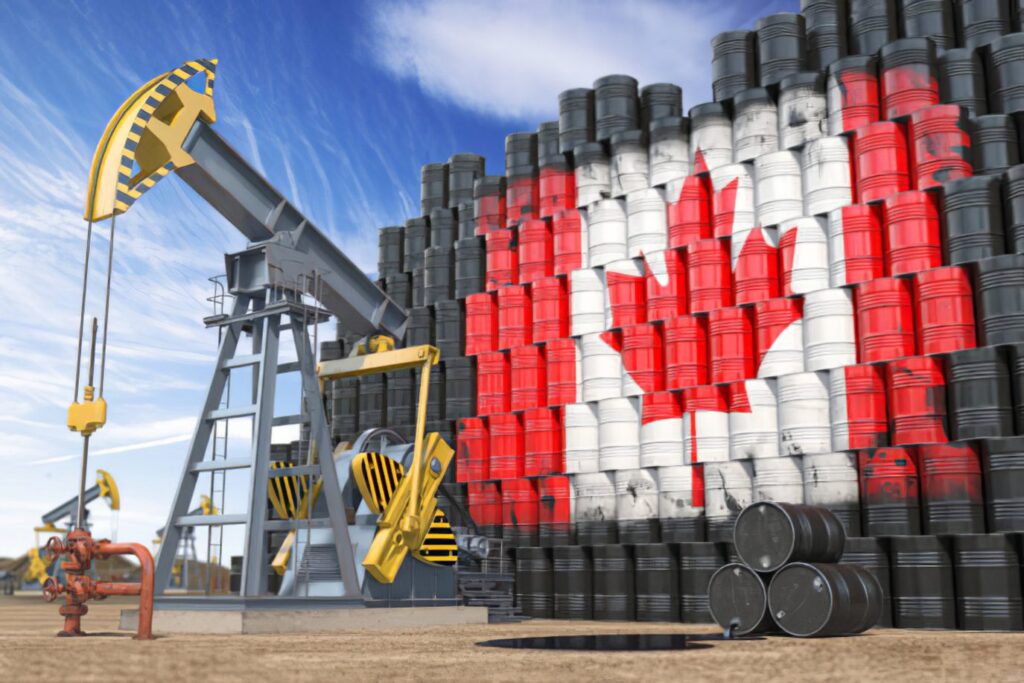
Canada’s oil industry is an economic powerhouse, providing jobs and significant revenue to the nation. However, it also grapples with one of the most persistent issues in the workplace: substance abuse. The demanding nature of oil field work, combined with the stresses of isolation, long hours, and physical strain, has contributed to a higher rate of addiction among workers in this sector. In recent years, however, the oil industry has begun to take significant steps toward addressing this issue, moving beyond crisis management to proactive recovery solutions.
The Impact of Substance Abuse in the Oil Industry
Workers in Canada’s oil industry often find themselves in high-pressure environments. Remote locations, extended shifts, and harsh conditions can take a toll on both physical and mental health. Many workers experience physical injuries or exhaustion, while others face the isolation of working far from home, contributing to stress, depression, and substance abuse. As addiction worsens, it not only jeopardizes the health and safety of the individual but also creates risks for co-workers and hinders overall workplace productivity.
The nature of the oil industry also exacerbates these issues. The culture surrounding the industry is typically masculine, and in many cases, there is significant stigma around seeking mental health support. Workers may feel compelled to hide their struggles rather than seek help, perpetuating a cycle of substance abuse and unhealthy coping mechanisms.
A Shift Toward Support and Recovery
To tackle the growing problem of substance abuse, many companies within Canada’s oil sector have adopted a more supportive approach to recovery. Rather than solely focusing on punitive measures or drug testing, there is a shift toward wellness programs, prevention strategies, and comprehensive treatment options.
One of the key approaches to reducing substance abuse is the introduction of Employee Assistance Programs (EAPs). These programs provide workers with confidential access to a variety of services, including counseling, addiction recovery, mental health support, and stress management resources. By offering a non-judgmental space for employees to seek help, EAPs are crucial in encouraging workers to address addiction before it becomes a more serious problem.
Peer Support Networks and Recovery Communities
Peer support networks are another essential component of the industry’s efforts to combat substance abuse. These programs involve training workers to become mentors or peer supporters, helping their colleagues who may be struggling with addiction. Peer support fosters a sense of solidarity, making it easier for employees to open up about their struggles. When workers feel that their peers understand their challenges, they are more likely to seek help.
In some cases, oil companies are establishing recovery communities where workers can engage in ongoing support and treatment. These communities are designed to create a safe and encouraging environment, where individuals recovering from addiction can lean on one another for strength. This sense of camaraderie is vital, as it helps break down the isolation that many workers feel.
The Role of Technology in Recovery
The advent of digital solutions has also played a significant role in facilitating recovery within the oil industry. Many companies are now offering mobile apps and online platforms that provide workers with easy access to addiction recovery resources, mental health services, and virtual support groups. These tools are particularly helpful for employees working in remote locations, where traditional in-person treatment options may be limited.
Mobile apps can track recovery progress, provide daily check-ins, and allow workers to connect with counselors or support groups, no matter where they are. This continuous support helps workers stay committed to their recovery journey, even when they are away from home.
A Cultural Shift: Prioritizing Mental Health
Perhaps one of the most critical factors in addressing substance abuse in Canada’s oil industry is the shift toward prioritizing mental health. Many companies are now training supervisors and managers to recognize the signs of addiction and mental health struggles. This training enables leadership to identify at-risk employees and offer support early, preventing substance abuse from escalating.
A culture of openness, where employees are encouraged to prioritize their well-being without fear of judgment, is essential to fueling long-term recovery.
Conclusion
As Canada’s oil industry continues to evolve, so too does its approach to substance abuse. Through comprehensive wellness programs, peer support networks, technological advancements, and a cultural shift toward prioritizing mental health, the industry is beginning to break down the stigma surrounding addiction. With continued efforts and innovation, the industry can create a more supportive environment that helps workers recover and thrive, ultimately ensuring a healthier and more sustainable workforce for the future.